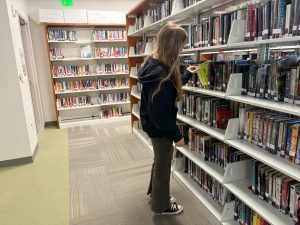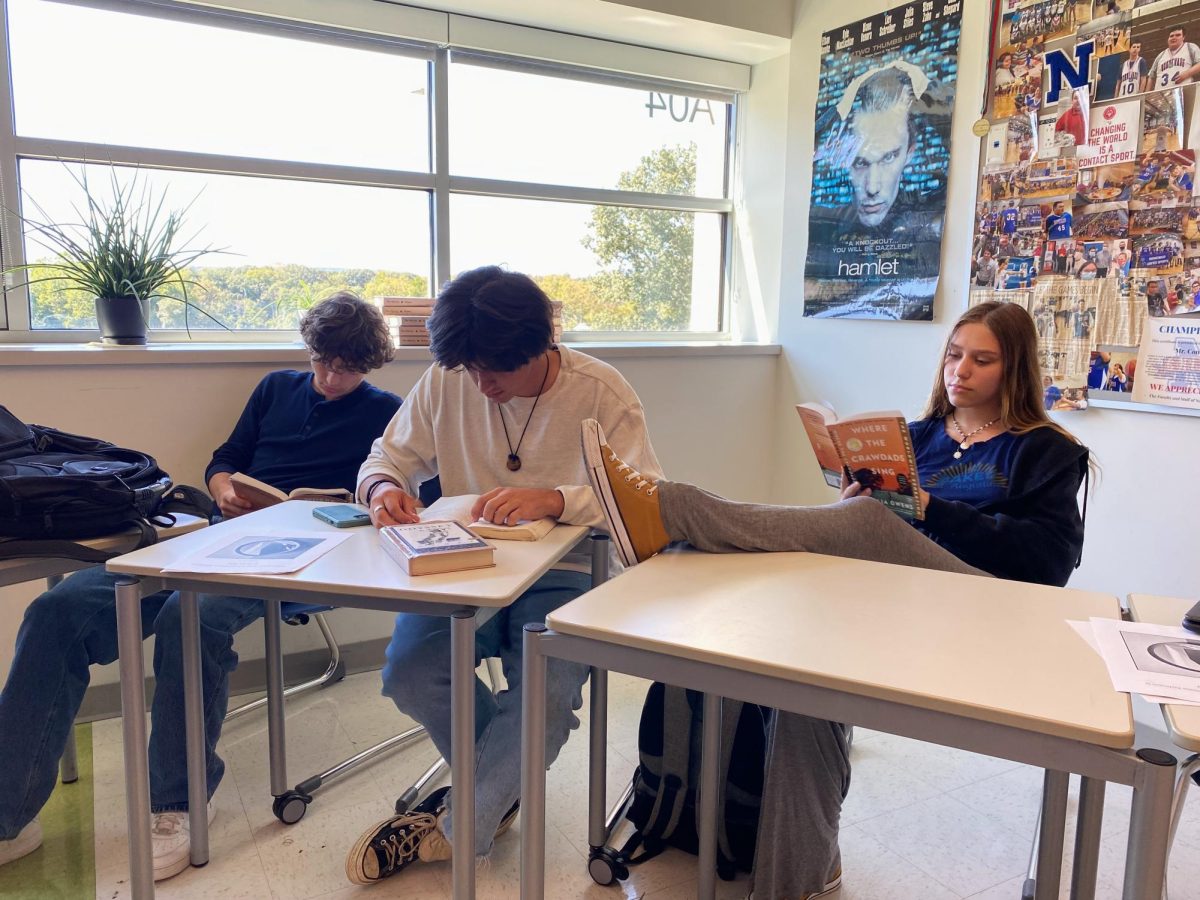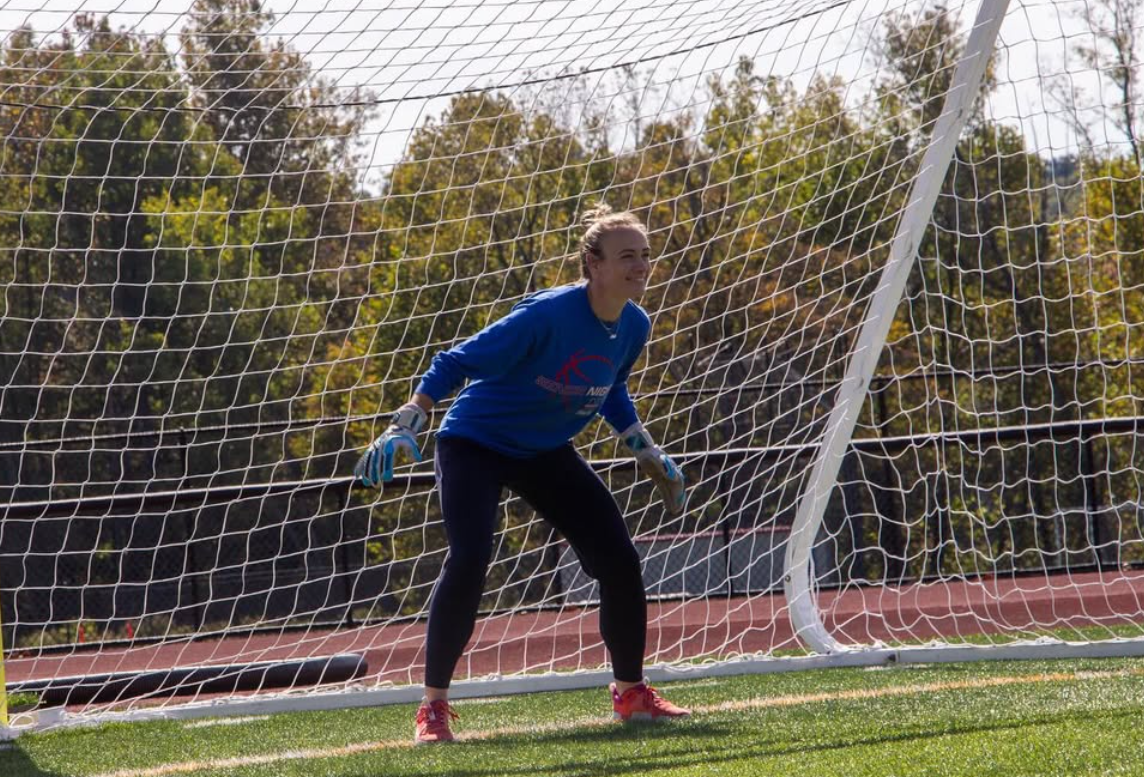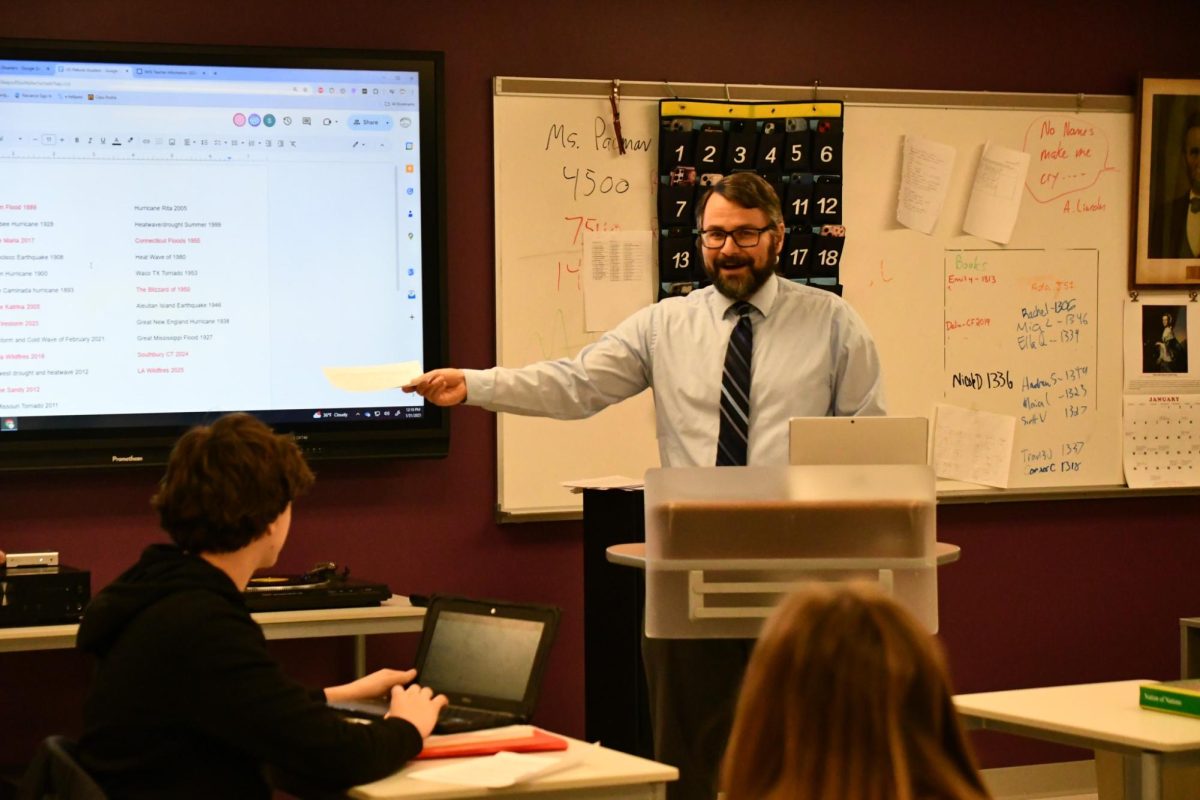WOODBURY — Book challengings hit a record high this past school year in America, but the issue itself is far from new. Tensions continue to rise around the debate: What is appropriate for kids to read in schools, and who makes that decision?
According to PEN America’s Index of School Book Bans list, from July 2021 to June 2022, 2,532 individual books were banned in educational settings around the country.
Although book bannings and challengings are rising in popularity, this issue has been around for many years. English teachers are used to considering potential backlash when they choose books for the curriculum.

“I think we maybe spend a little bit more time anticipating how people might not be on board for certain books,” said Ben Guerette, an NHS English teacher, “but that’s something we’ve always kind of thought about, so it doesn’t really affect us too much.”
This issue has become a hot topic in schools in recent years, but the buzz has yet to die down.
“I hope that it kind of stops being the thing to do, get outraged over a book that you haven’t even read,” Guerette continues. “I’m hoping the momentum kind of fizzles out and people just let people read what they want.”
Although schools strive to curate appropriate content for its students, many factors can complicate this task.
“You have to find content that’s appropriate for all the maturity levels and all the reading levels,” said Deborah Flaherty, NHS library media specialist. “But once those books hit the shelf, it’s not up to me to decide what’s appropriate for someone to read or to not to read. That’s up to the parent.”
The number of books being challenged in recent years begs the question of why people are so threatened by certain books.
“I think people feel threatened in general by things they don’t agree with,” said Flaherty. “If you don’t want to read something, then don’t read it.”
According to the American Library Association, 26% of books banned in 2020 were banned or challenged because they contradicted somebody’s religious beliefs; 6.5% of those books were banned on the basis of political views.
“I feel like people can decide what books they can handle, the same as picking a TV show or movie, which people don’t get as outraged about,” commented Julia Marunas, an NHS senior. “The more they ban books, the more kids will want to read them.”











